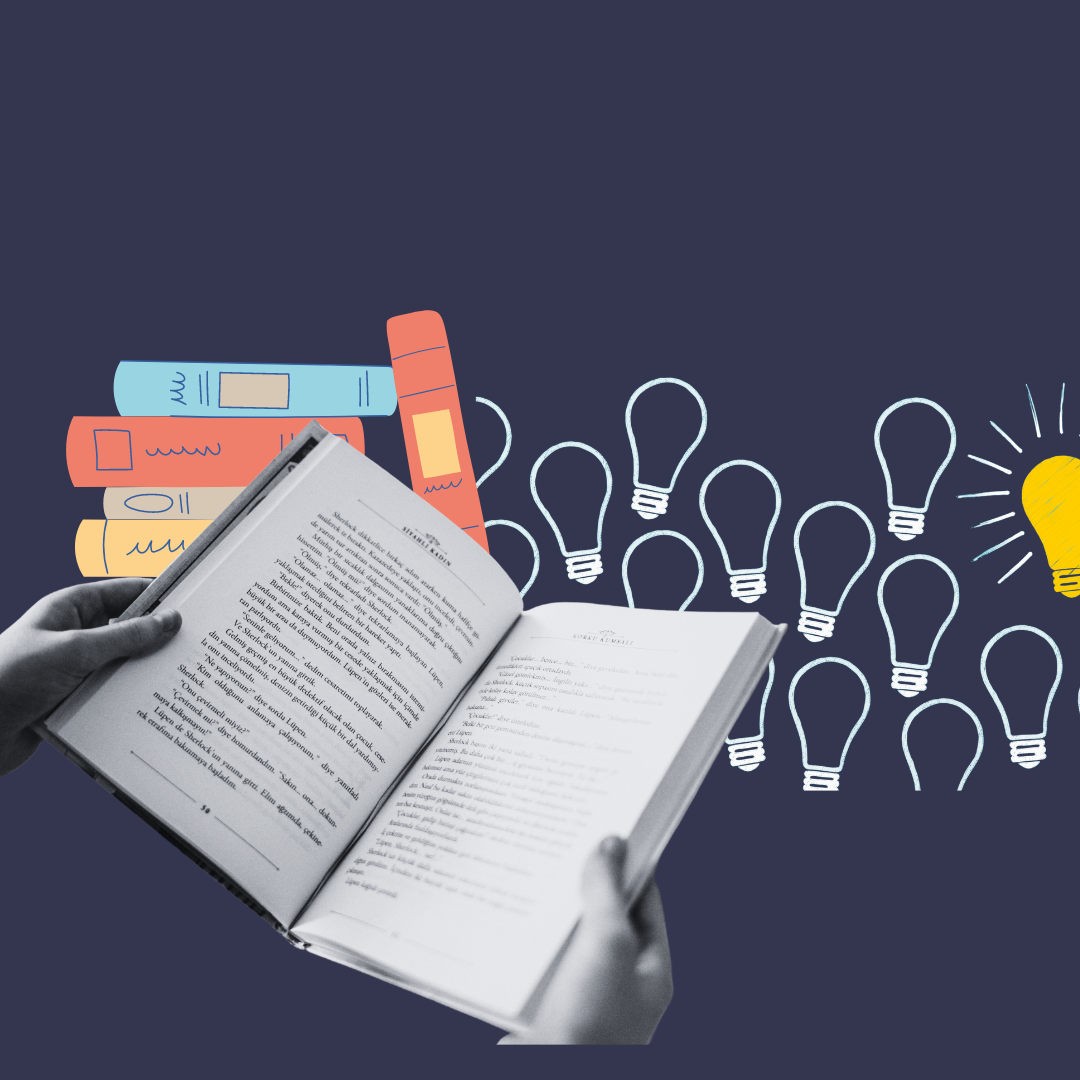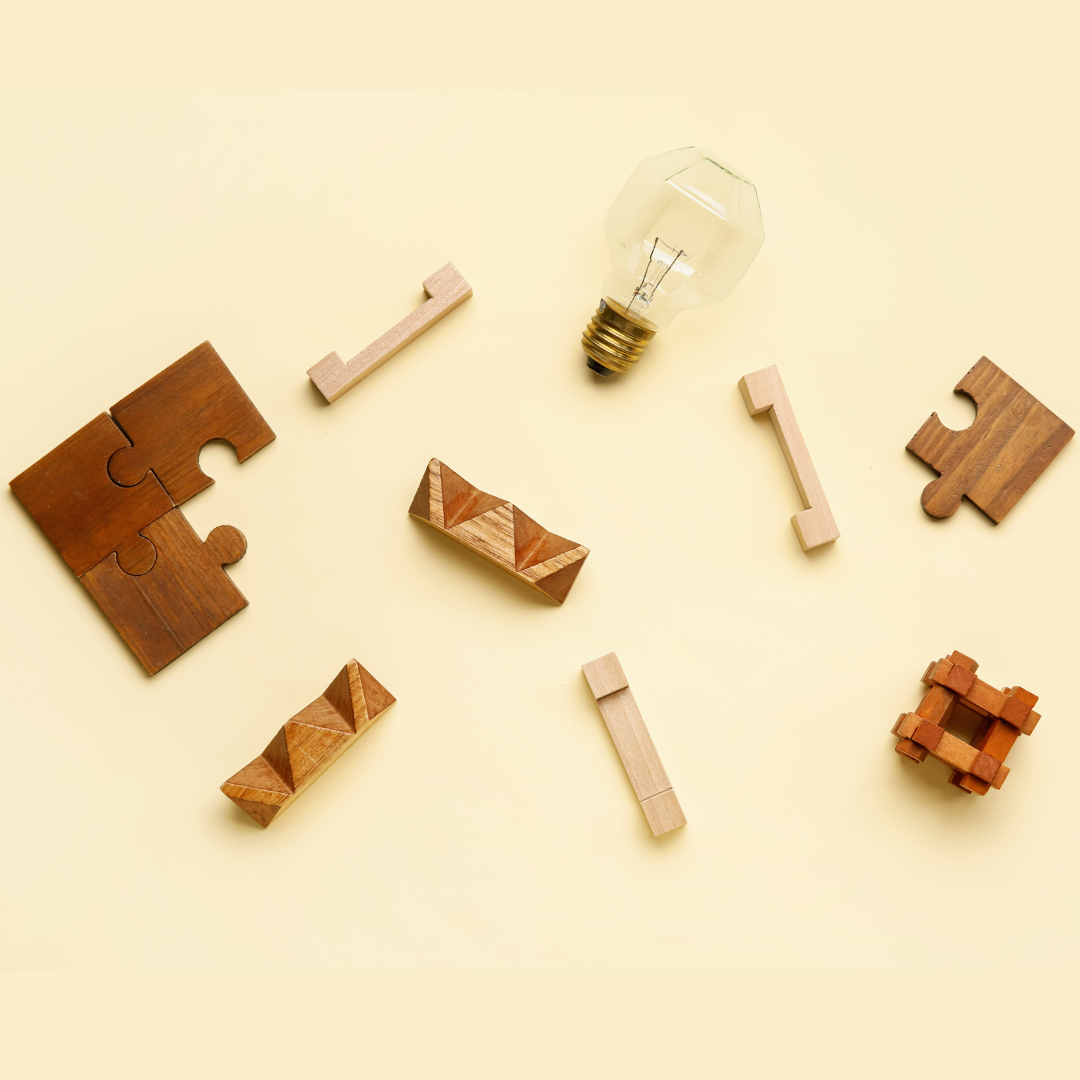Are You Experiencing Dating Fatigue? A Self-Assessment
Dating is often portrayed as something exciting and enriching; however, the emotional labor it requires is rarely acknowledged. If you find yourself wary of the idea of dating after countless unrewarding efforts, chances are that you are experiencing dating fatigue. Dating fatigue is the state of emotional burnout and discouragement about the dating process. It can present itself in the form of thoughts like, “I’m so over dating”, “Nothing can come out of dating,” and feelings of frustration and boredom about the prospect of going on a date.
Many people experience dating fatigue at different phases during the dating process. For most, it doesn’t come from lack of desire, but frustration about not getting the expected outcomes after putting in the efforts. It’s important to reflect on whether you’re experiencing dating fatigue so that you can decide what you need at the moment; it could be a break, a redirection, or a more intentional shift in the way you approach dating. This self-assessment can help you gain the clarity that you need to choose your next steps.





